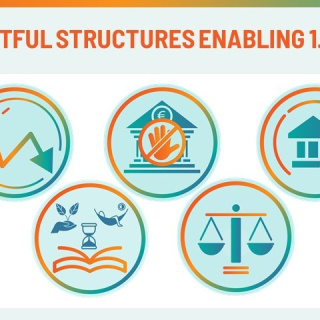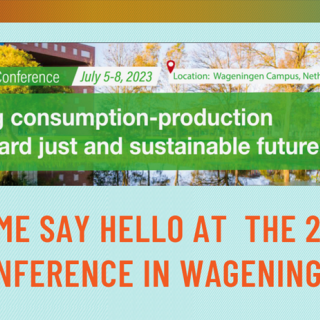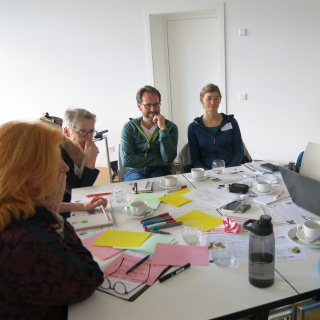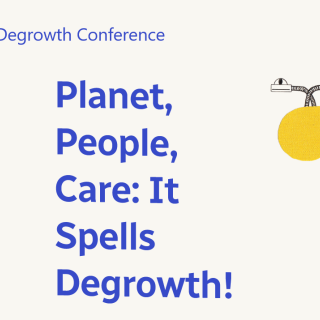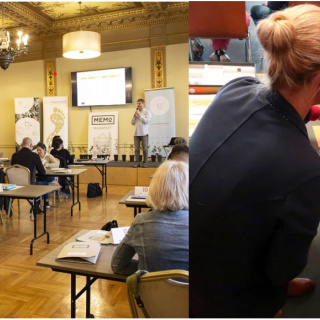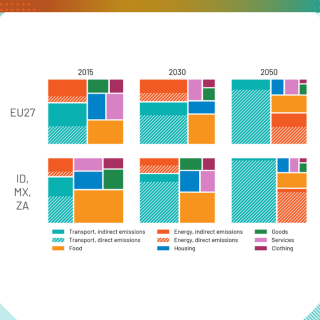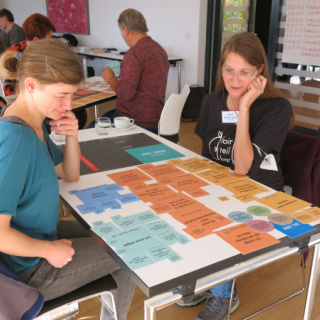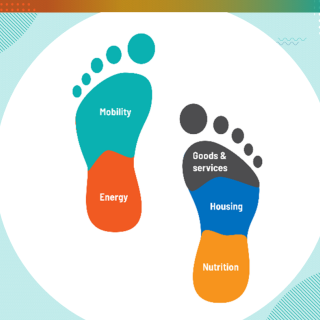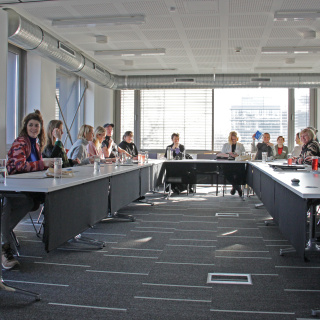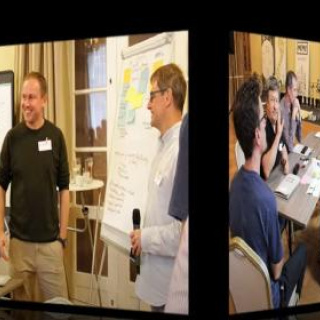Search
Search results
2022 is over and 2023 is warming up. Long live 1.5?
Despair is not an option. It’s time to mainstream 1.5° Lifestyles.
When national environmental policies enhance behavioural changes towards the 1.5-degree target
The ban on short-haul domestic flights in France
7 Key Structures for 1.5° Lifestyles
As part of the Horizon 2020 project "EU 1.5°Lifestyles", we are trying to identify necessary structural changes for a transition to lifestyles that fit the 1.5° climate target of the Paris Agreement. Specifically, we are exploring which structural barriers and enablers in the economic, political, technological and societal realm shape household choices and their impacts.
Transforming Consumption-Production Systems Toward Just and Sustainable Futures - SCORAI conference 2023
The "Sustainable Consumption Research and Action Initiative" (SCORAI) network's next conference will take place in Wageningen, Netherlands, between 5-8 July 2023. The focus of the conference is on "Transforming Consumption-Production Systems Toward Just and Sustainable Futures". The EU 1.5° Lifestyles project consortia plans to be there and is happy to connect with you!
The first rounds of Stakeholder and Citizen Thinking Labs introduce the EU 1.5° Lifestyles project to a wider audience
As part of the EU 1.5° Lifestyles project, two rounds of “Thinking Labs”, or problem-solving workshops, have already been organised in the five European case countries of Germany, Hungary, Latvia, Sweden and Spain.
Degrowth Conference in Zagreb - are you coming?
The 9th International Degrowth Conference "Planet, People, Care: It Spells Degrowth!" will take place in Zagreb, Croatia, from 29 August – 2 September 2023.
The first round of EU 1.5° Lifestyles Citizen Thinking Labs was a success
Ditch the car and walk, cycle or use public transport instead. Take shorter and colder showers and eat a predominantly vegetarian diet - for the sake of the climate. To counteract climate change, we need to change our habits and behaviour - in which areas of life would you be willing to do so?
Emissions overshoots against 1.5° climate targets in 2030 and 2050
Countries, companies and other coalitions are setting climate goals to reduce greenhouse gas (GHG) emissions to ‘net zero’ or limiting them to a 1.5° compatible level as set by the Paris Agreement. Individuals may wonder about their contributions to these climate goals. Can an average EU resident achieve a 1.5° lifestyle… without making lifestyle changes?
Münster’s Stakeholder Thinking Lab contributes thoughts and solutions for 1.5° lifestyles
“Climate policy will only work as long as it addresses social inequity” was just one of the central talking points at the Stakeholder Thinking Lab that the consortium member, University of Münster hosted on 4 November 2022. As part of a coordinated research in our five case countries Hungary, Latvia, Spain, Sweden, and Germany, stakeholders were engaged on structural barriers and enablers for…
What's in a footprint?
Many people have heard of a carbon footprint. Maybe they have taken one of the many online tools to calculate their own or have seen it calculated for a product they were buying. Maybe some are sceptical because they have read that oil companies were behind its development to place the responsibility for reducing emissions on individuals. But what is a carbon footprint really, how do we go about calculating it, and how can it be useful in…
Stakeholder Thinking Lab in Hungary
On the 1st of December 2022, GreenDependent Institute organized a Stakeholder Thinking Lab within the EU 1.5 Lifestyles project. The one-day workshop was preceded by a dinner where the participants had the chance to get to know each other.
Watch the short video about the Hungarian Citizen Thinking Lab
As we reported earlier, the Hungarian Citizen Thinking Lab within the EU 1.5 Lifestyles project was successfully organised by GreenDependent on 8th October 2022 in Budapest.
Now a short video of the event is out, proving, that sharing thoughts and visions on sustainable lifestyles is a serious business, but can be fun, fruitful and reassuring!




